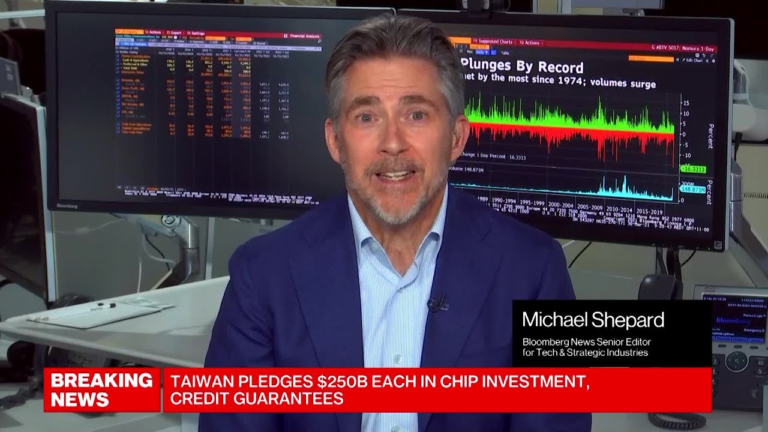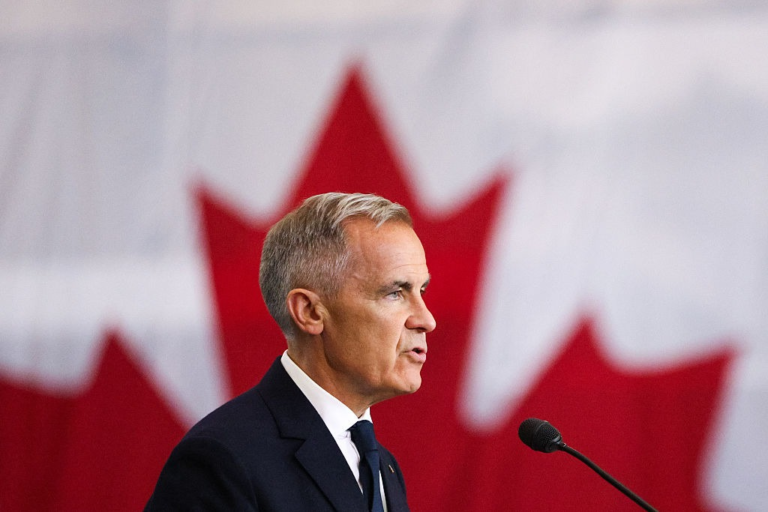
Beijing’s pre-summit messaging told everyone Taiwan still sits at the centre of China’s long game.
But Xi chose not to burn that leverage in Busan. He could read the US domestic setting: Trump has already faced internal warnings not to “casually play the Taiwan card” — Secretary of State Marco Rubio has been signalling there’ll be no open sell-out of Taipei.
For Xi, forcing Taiwan into the official readout would have risked a very public “no” — the worst outcome for a Chinese leader who just demonstrated he can make the US ease tariffs.
The issue was everywhere in the lead-up and nowhere in their remarks — proof that de-escalation, not victory, was the goal.
Trump walked away able to tell farmers, manufacturers and his online base that he made China buy again, and he cut Beijing’s tariff burden.
That sells well in an inflation-sensitive economy, where “I got China to do it” beats “I sustained export controls”.
But look at the structure: China used two pieces of leverage — its near-monopoly on critical minerals and its purchasing power over US agriculture — to force Washington back into a transactional lane, very similar to the “phase one” mood in 2019.
That’s exactly what Beijing wanted after months of tit-for-tat. Xi suspended, not scrapped, his rare earths restrictions. He got the US to slow new tech controls while talks continue, and he showed Chinese elites that the US will compromise under economic pressure.
Trump won the headlines. Xi set the tempo.
Trump’s gains are immediate and personal. Xi’s are quiet, reversible, and strategic — positioning Beijing to extract more later, especially on Taiwan.





